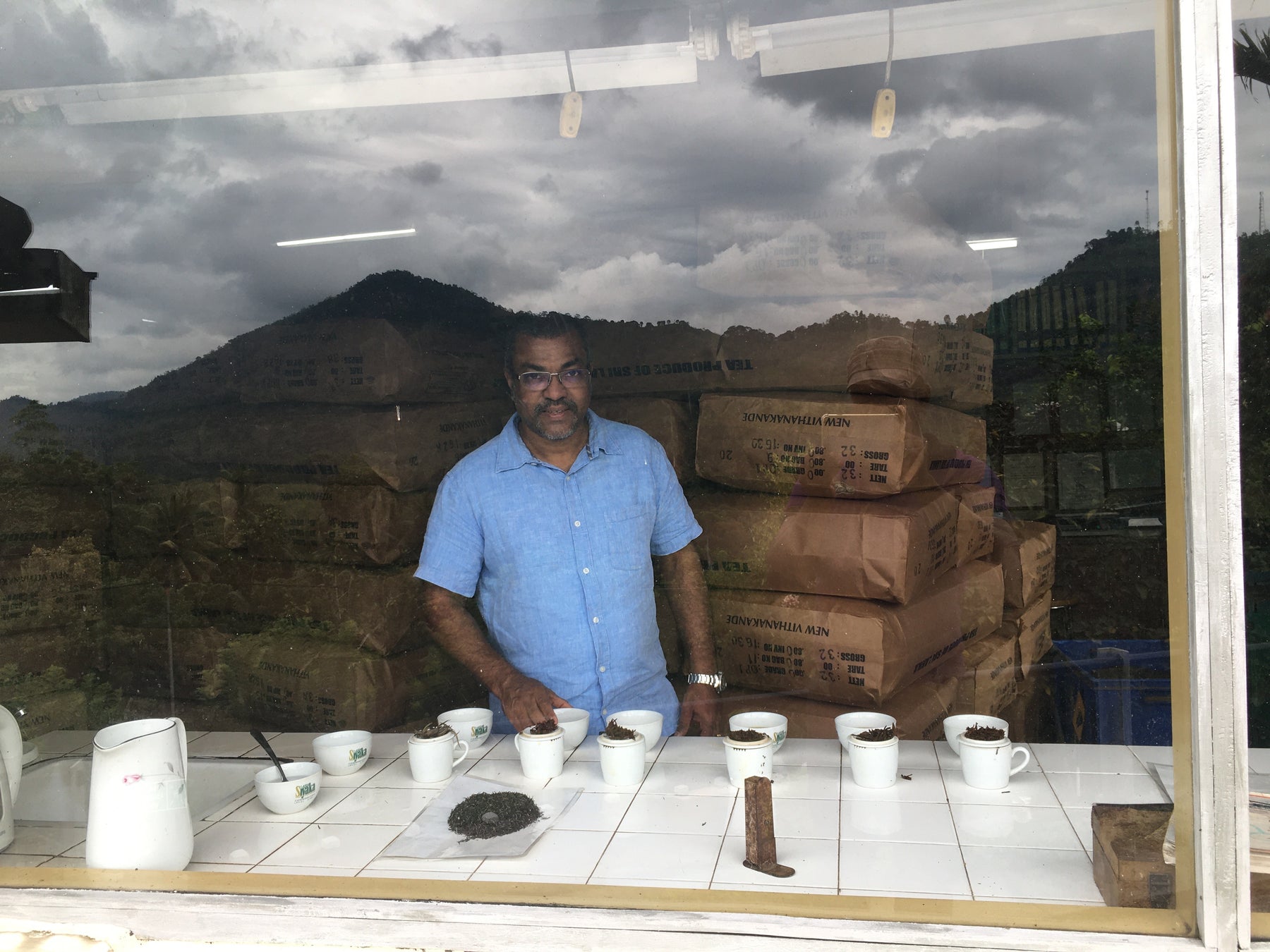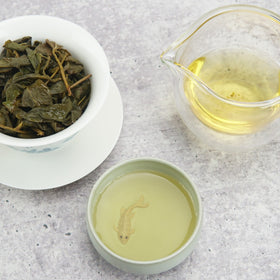
Resilience Marks Sri Lankan Tea
The evening traffic of Colombo constantly morphed the light on Chamikara Pilapitiya's face as he spoke to me from the passenger seat of his car while driving home. We were on a video call. He had recently sent us a fresh and delicious batch of black tea from his family tea factory, New Vithanakande. I wanted to catch up and find out how things were for him and his family right now in Sri Lanka.

Last year the economy of this beautiful island nation imploded. Citizens struggled to buy food, fuel, and medicine due to shortages and inflation that raged around 90%. There were months-long protests demanding the resignation of their President, Gotabaya Rajapaksa and Prime Minister, Ranil Wickremesinghe. Protesters stormed and ransacked the offices and residences of the leaders at one point. The President finally fled the country and resigned in absentia.
Enjoy 10% off Ceylon Black Tea until 2/29
I asked him how the tea growers were managing. According to Pilapitiya, during the economic crisis, New Vithanakande managed to keep functioning because local authorities prioritized fuel for the factory. "Since the livelihood of many farmers was dependent on our factory and we were bringing valuable foreign exchange through our exports we had secured a supply of fuel." Thus the tea growers stayed "resilient" during the crisis.

"Even we were reduced to taking only two meals a day," 50-year-old Pilapitiya recalled. As a family owning a well-established tea manufacturing business, they would not normally be short on means. "Things are a bit better now, although the food prices are still high (inflation currently runs at 59%) and our taxes have gone up on an average by 30%. We are Sri Lankans - we smile and carry on," he says, with a ready and heartwarming smile.
New Vithanakande would be described locally as a "bought-leaf factory." They don't grow the tea themselves, but source most of it from local tea farmers for processing. Around 6,000 farmers - which is a remarkable number - supply tea to the factory. The factory does have 150 acres of its own tea plantation.
The factory and the nearby farmers are located in a valley that allows for tea production throughout the year. However, the best quality tea is manufactured between January-March and July-September. "Plenty of sunshine during the day, showers in the evening, and cool temperatures at night make for the best teas," says Pilapitiya.

The tea farmers get 60% of the auction sale proceeds from New Vithanakande, which is a generous arrangement. On top of that, they also extend financial aid to farmers for funerals and medical emergencies, while providing assistance with schools and places of worship. They have also received some support from the European Union during the crisis, Pilapitiya said. "By buying our tea your customers are supporting all the farmers and us," he added.
These are the types of tea partnerships we seek. Those tea gardens that care about the local people and provide economic opportunities for their local farmers to make a decent living to take care of their families. New Vithanakande makes beautiful teas but more importantly, they support local farmers. So when you drink this excellent tea, smile and know it's helping local farmers on the other side of the world. 
P.S…Tea is about culture too, so I wanted to share a little information about the Sacred Tooth Relic Temple located in Kandy, Sri Lanka. This famous temple, a World Heritage Site, I have heard about since childhood because this is where one of Buddha’s teeth is kept. There are temples located in India and Sri Lanka that claim to have relics from Buddha making them all important pilgrimage sites. Our friends at New Vithanakande make offerings every December to the Temple of the Tooth to ask for blessings for a successful tea season. We would say their prayers were answered with this incredible batch of tea!
About the Author
Niraj Lama hails from Darjeeling, India - a region that produces some of the world's finest black teas. Niraj is committed to curating some of the best organic teas found in the world and promoting the many health benefits associated with drinking tea.



Leave a comment